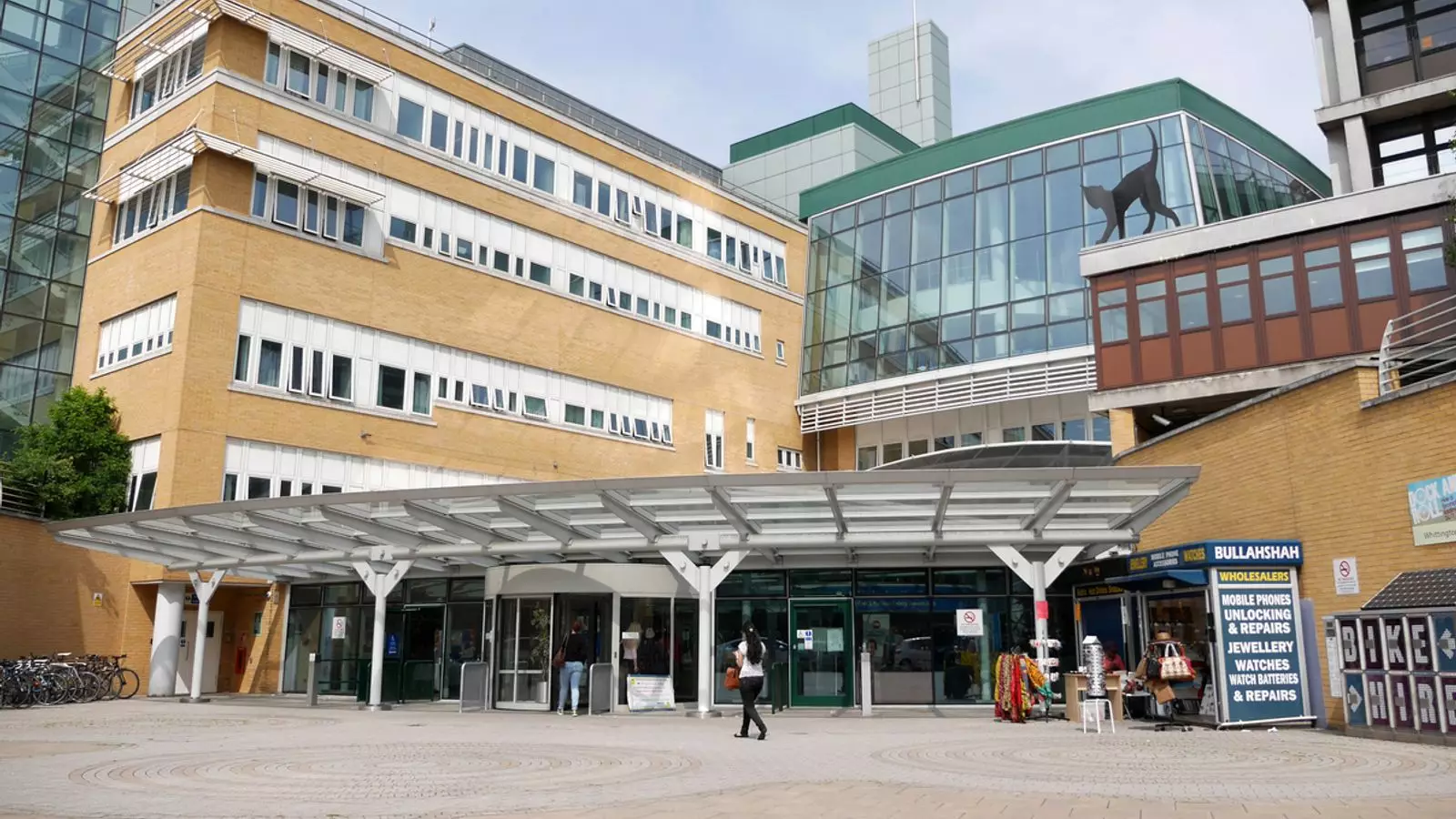As winter descends upon the United Kingdom, hospitals are grappling with unprecedented challenges, pushing the National Health Service (NHS) to the brink. The ongoing healthcare crisis exemplified by the “quad-demic”—a convergence of flu, COVID-19, norovirus, and respiratory syncytial virus (RSV)—has led to more than a dozen hospitals across the country declaring critical incidents. Among these facilities, Whittington Hospital in north London has taken a drastic step to combat overcrowding: it has begun advertising for corridor nurses. This unsettling development raises significant concerns regarding the state of healthcare in the UK and what future care may look like for patients.
Corridor Nursing: An Alarming Trend
The role of a corridor nurse is an epitome of the current crisis—registered nurses are now being tasked with providing care to patients located in hospital corridors due to a severe shortage of available space. This practice has been described as “corridor care,” a term that has recently gained traction on social media, reflecting an acknowledgment of a shocking norm many health professionals believe should never have been normalized. According to reports, the Whittington Health NHS Trust indicated that providing care in corridors would be an absolute last resort. However, the necessity of such measures brings to light critical questions about the standards of patient care and the overall sustainability of the NHS.
Health Secretary Wes Streeting, when confronted with the issue at a Jewish Labour conference, noted that he had witnessed emergency departments overwhelmed with patients, remarking that one visited emergency was experiencing one of its “better days.” This grim observation highlights the widespread struggles facing our healthcare system—a struggle not just for hospitals, but for patients and families caught in the emergency care whirlwind. The distressing image of trolleys lined up in corridors filled with frail and confused elderly patients amidst a backdrop of overwhelmed healthcare staff reveals the human cost of rising demands.
Ian Higginson, vice president of the Royal College of Emergency Medicine, indicated that the situation has become so prevalent that the idea of corridor nursing is no longer shocking—merely routine. This trend, previously unheard of, has now become common practice, with reports suggesting that almost every hospital is treating patients in corridors or parking lots. Dr. Adrian Boyle, president of the Royal College of Emergency Medicine, labeled corridor care as “degrading, dehumanising, and dangerous,” further emphasizing the alarming trajectory of health service standards.
The call for corridor care highlights the growing pressure hospitals face when resources are stretched thin. Overcrowding not only endangers patient safety but also strains the mental and physical well-being of healthcare workers. Day after day, staff are pushed to the limits, forced to make difficult choices about how to allocate their time and energies while ensuring they provide effective care. In such an environment, it becomes increasingly challenging to maintain the compassionate, high-quality care that the NHS prides itself on.
The implications of these dire circumstances extend beyond the healthcare system; they ripple through communities, affecting public trust in healthcare and leading to rising anxieties about the capability of the NHS to deliver quality services when it matters most. If corridor care becomes ingrained as an acceptable norm, the repercussions could be long-lasting, potentially reshaping societal expectations around healthcare in the UK.
The disturbing reality of healthcare in the UK prompts a salient call to action for policymakers and health leaders. The urgent need for a comprehensive reform of the NHS must be addressed, focusing on resource allocation, staffing levels, and overall funding. Ensuring that patients receive care in safe, dignified environments should be a priority, rather than settling for makeshift solutions that compromise health outcomes.
As winter pressures continue to mount, it is crucial that stakeholders across the health system come together to devise effective strategies for alleviating the burden on emergency care facilities. In doing so, we must remember that the human experience in healthcare extends beyond mere metrics; it is about compassion, respect, and the fundamental dignity of every individual seeking medical attention. The time has come for a concerted effort to restore the integrity of the NHS and reaffirm its commitment to patient-centered care.

